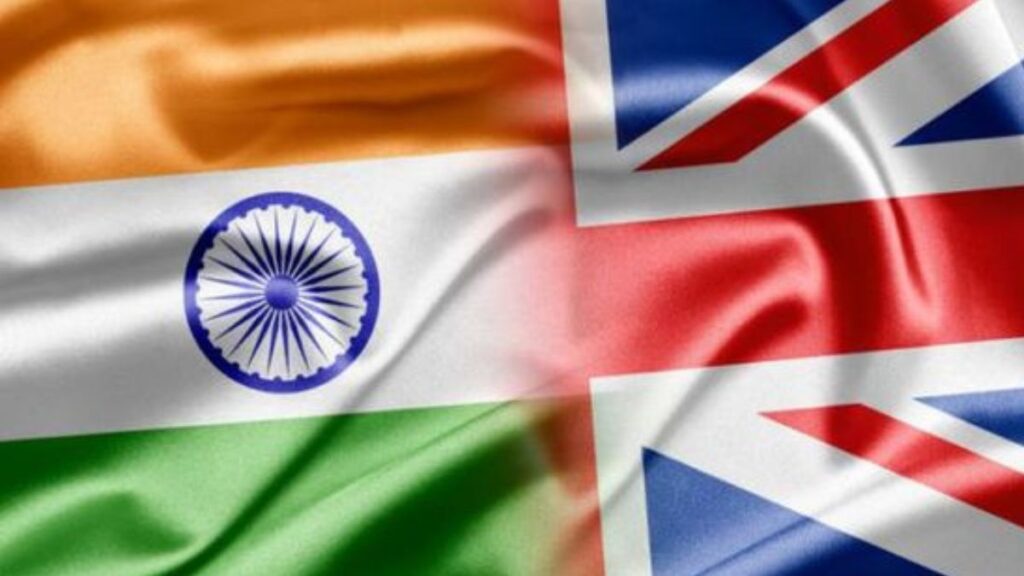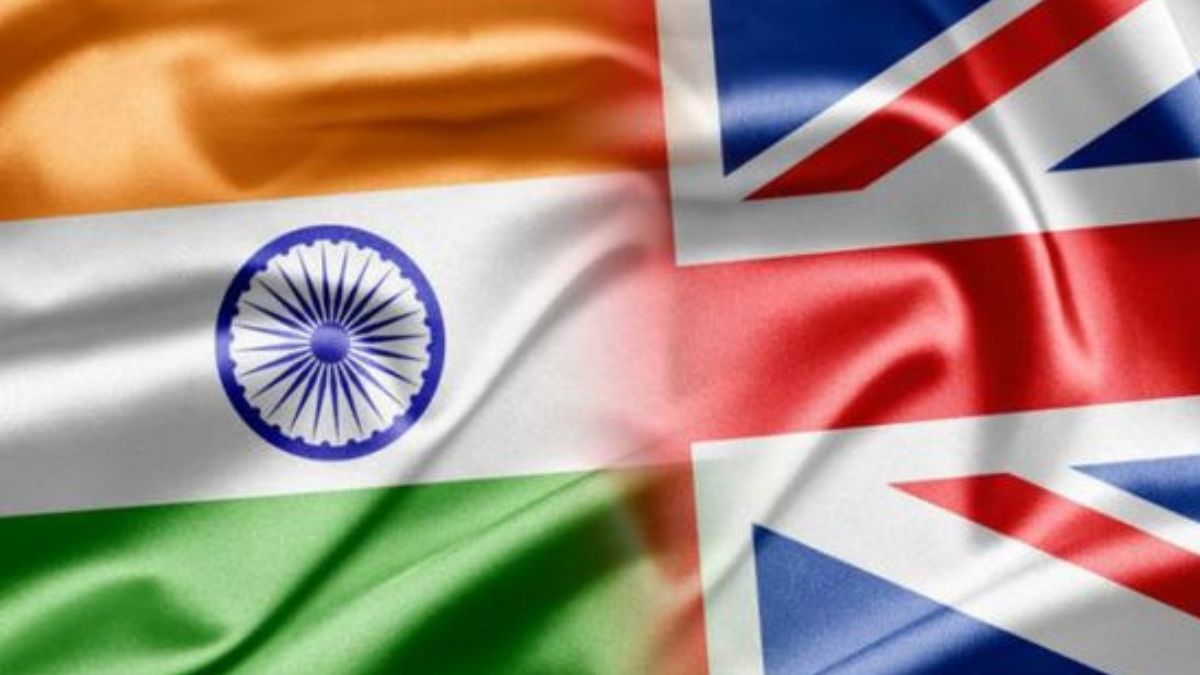
In the records of diplomatic history, the relationship between India and the United Kingdom (UK) has often oscillated between moments of camaraderie and periods of strain. Decades of nuanced interactions have woven a complex tapestry of ties that reflect geopolitical shifts, economic imperatives, and cultural affinities. As we stand on the cusp of a new era, poised to traverse uncharted territories, it is imperative to delve deeper into the multifaceted dynamics shaping this bilateral relationship.
Search
Recent Posts:
- OpenAI Brings ChatGPT to be used in WhatsApp: Here’s How It Works and What You Can Do To Use It.
- Realme 14x 5G: A Budget Smartphone With Premium Features.
- Exploring Apple Genmoji: A New Era of Custom Emoji Creation.
- 2024 United States Presidential Election: Donald Trump Declares Victory in 2024 Presidential Election
- Chancellor Olaf Scholz’s Visit to India: Advancing Indo-German Cooperation on Defense, Trade, and Regional Stability.
The Evolution of India-UK Relations Amidst Historical Legacies and Geopolitical Realities
The trajectory of India-UK relations has been marked by a persistent quest for synergy amid divergent priorities and historical baggage. Over the past two decades, successive British governments have endeavored to cultivate closer ties with India, recognizing its burgeoning economic prowess and geopolitical significance. However, these efforts have often fallen short, hindered by a myriad of factors ranging from Britain’s historical alliances to contemporary geopolitical realities.
One pivotal factor that has influenced India’s perception of the UK is its proximity to Pakistan, a relationship that has been historically fraught with complexities. Britain’s close partnership with Pakistan during the Afghan War and its perceived reluctance to address Islamabad’s role in fostering terrorism have engendered skepticism in New Delhi. Despite assertions to the contrary, Indian policymakers remain wary of a latent bias in British foreign policy, which they fear may tilt the scales in favor of Pakistan.
Navigating Post-Brexit Realities and Geopolitical Shifts
The Brexit process, with its attendant uncertainties and distractions, further complicated matters, diverting attention away from fostering closer ties with India. As the UK grappled with its own internal challenges, New Delhi found itself relegated to the periphery of British foreign policy priorities, fostering a sense of disillusionment among Indian policymakers.
However, the tide began to turn in the aftermath of the 2020 border clashes between India and China, which served as a wake-up call for New Delhi and prompted a reassessment of its strategic partnerships. Against this backdrop, the UK and other European nations emerged as potential allies, offering strategic counterweights to China’s growing assertiveness in the Indo-Pacific region.
Much credit for this recalibration in India’s foreign policy calculus goes to British Prime Minister Boris Johnson and his successors, who spearheaded efforts to revitalize the India-UK partnership. By actively engaging with India on multiple fronts, from trade and investment to defense and technology, they sought to dispel lingering doubts about Britain’s commitment to the relationship.
UK’s Strategic Shift Towards India
Central to this renewed engagement was a concerted effort to reduce economic dependence on China and diversify trade and investment ties with India. The UK’s decision to name and shame Pakistan for its role in financing terrorism and its announcement of a significant “tilt” towards the Indo-Pacific were seen as welcome steps by New Delhi, signaling a departure from past ambivalence. The relaxation of visa restrictions on Indian students and workers underscored Britain’s willingness to facilitate greater people-to-people exchanges, laying the groundwork for deeper cultural and educational linkages between the two countries.
Implementing the 2030 Roadmap for Future Relations
In 2021, the India-UK partnership entered a new phase with the launch of the 2030 Roadmap for Future Relations, a comprehensive framework aimed at deepening cooperation across a range of sectors. From trade and investment to defense and climate change, the roadmap envisages a multifaceted partnership that leverages the strengths of both countries for mutual benefit.
However, while the roadmap provides a blueprint for enhanced cooperation, its successful implementation hinges on overcoming several challenges. Chief among these is the perception in New Delhi that the UK continues to calibrate its relations with India based on its ties with Pakistan. Despite reassurances to the contrary, Indian policymakers remain wary of a latent bias in British foreign policy, which they fear may undermine the bilateral relationship.
The presence of a significant British Indian immigrant community, while serving as a bridge between the two countries, also poses its own set of challenges. The specter of Sikh separatism, exemplified by the violence directed at the Indian High Commission in London, serves as a stark reminder of the complexities inherent in diasporic relations.
The Implications of a Potential Labour Government for India-UK Relations
Looking ahead, the potential emergence of a Labour government in the UK following the July 4 general election adds another layer of complexity to the India-UK relationship. While Labour has signaled its commitment to closer ties with India, questions remain about its stance on issues such as human rights, democratic backsliding, and Kashmir. Balancing these competing priorities will require deft diplomacy and a nuanced understanding of the evolving geopolitical landscape.
In navigating these challenges, both India and the UK can draw lessons from their respective experiences and leverage their comparative advantages for mutual benefit. Bolstering Britain’s presence across the Indo-Pacific, intensifying defense engagement, and addressing concerns about perceived bias in British foreign policy are critical steps towards realizing the full potential of the India-UK partnership.
As new governments take office and fresh opportunities emerge, 2025 presents a unique juncture in the India-UK relationship. While the road ahead may be fraught with challenges, it also offers the promise of renewed cooperation, shared prosperity, and enduring friendship between two nations bound by history, culture, and shared aspirations.
To read more topics, please visit: https://insightfulbharat.com






